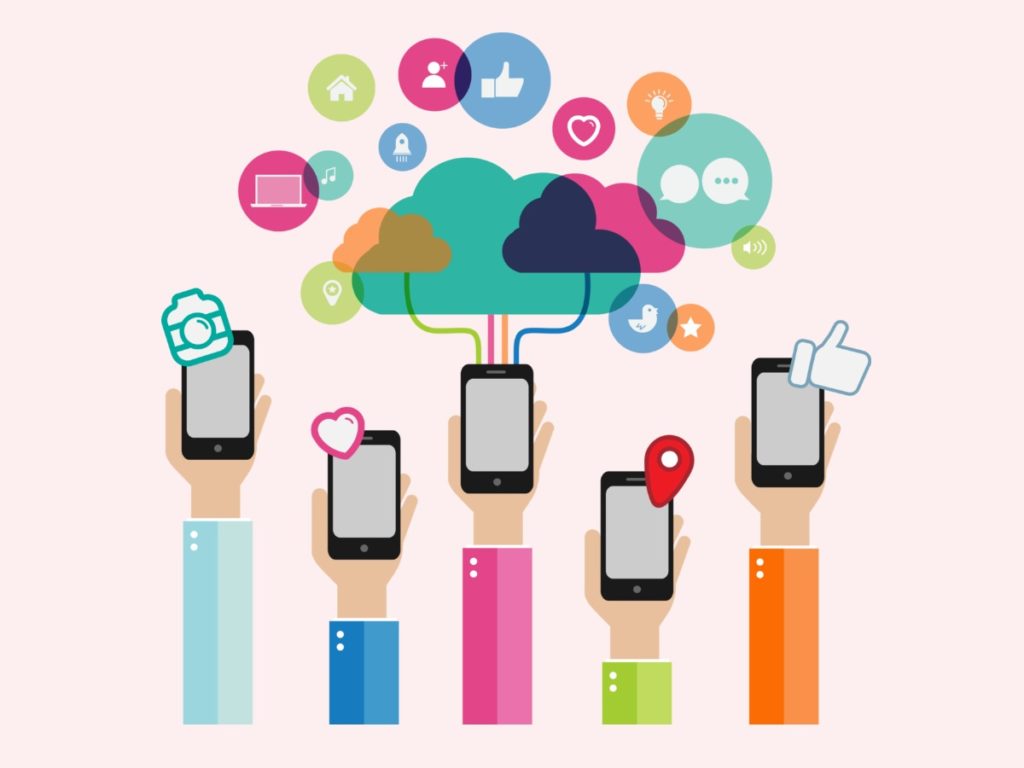Two scammers are currently being prosecuted for deploying a romance scam against at least two victims, successfully stealing over £200,000. These criminals launched their attacks on Facebook and eventually worked up to asking their victims for money. They chose people whom they assumed would not come forward and report them. Fortunately, they were wrong.
Cybersecurity professionals talk a lot about malicious actors and the things that they do to leverage information against you. What’s discussed somewhat less is where the malicious actors gather this information. Social media is one of the biggest repositories of personally identifiable information (PII). In the example above, the attackers started on Facebook. They targeted single, older women who shared personal information online. Their story demonstrates how careful we need to be of what we share about ourselves online. Let’s look at a few popular social media platforms and discuss what things you should be cautious about sharing there.

In the bio alone, Facebook has sections to share your hometown, current city, workplace, relationship status, hobbies, and more. Facebook can also show your family and friend connections. Of course, this is all before you share posts with photos. Be cautious when filling out your profile. Do people really need to know your hometown? Sharing that information is your right, but if you choose to do so be aware of how it could potentially be used against you. Keep in mind that Facebook changes their policies often. This means that things which were once private may no longer be private. So, your Facebook account will require ongoing security monitoring.
Instagram is one of the most famous photo sharing platforms currently. People often post pictures of their children, newly bought homes, and events they’ve attended. Sharing photos like these can be dangerous because it gives malicious actors a glimpse into your life, sometimes even identifying where you live and the places you frequent. Taking advantage of safety features such as making your profile private could be to your advantage.
LinkedIn is one of the more popular social media platforms for professionals. You are almost expected to share your location, current and pasts jobs, and educational history. Before you fill out your profile, take a moment to imagine how malicious actors could use the information you are about to share. For example, if you share where you graduated from, a malicious actor could use that information to send you a targeted phishing email “from that school.” It’s up to you whether you share this information or not. The key is being aware of how it could be used against you and staying alert.
TikTok
Tik Tok is sweeping the world with dance videos, educational snippets, and more. Users of all ages share videos of themselves discussing their day to day lives, showing their homes, and their favorite things. According to Fox News, Tik Tok collects information like device location, calendars, and contacts. Be cautious when uploading videos of yourself that you don’t share too much information while following a seemingly innocent trend.
Twitter remains a popular social media platform for users of all backgrounds to connect with those they share interests with. It is common to post about events in your life, as well as put personal information, such as your birthday in your biography. Take a moment to consider what information you want to provide to strangers.

Remain Safe
With sharing personal information being the norm in our day and age, and so easy to do, how can you remain safe? To start, think “safety first” when posting or adding information to your account. Think about what other users can learn about you from the information you share. Try this: perform a google search of your name and see what information comes up. What accounts are connected with your name? What information can you collect about yourself? Ask yourself: How much of what I see am I comfortable with strangers knowing about me? Take advantage of sites security settings when using your accounts. Lock down the information you don’t want others having. Consider making your accounts private instead of public. Before accepting social media connection requests, validate the user’s authenticity. These are just a few tips to get you started on your security journey. Keep learning about online safety and sharing what you know with your friends and family. This way, we can all remain safe together.
At Social Engineer LLC, our purpose is to bring education and awareness to all users of technology. For a detailed list of our services and how we can help you achieve your information/cybersecurity goals please visit:
https://www.Social-Engineer.com/Managed-Services/
Images:
https://designwizard.com/blog/types-of-social-media/
https://www.searchenginejournal.com/new-social-media-marketing-opportunities/394987/

